
Technology Quarterly: Targeting Tumours
In rich countries half of cancers are now survivable. And better understanding means that more cures are coming, says Natasha Loder.
Read offline
Recommendation
The Economist’s health care correspondent, Natasha Loder, delves into the status and future of cancer treatment in this incredibly thorough report. She focuses on the science, biotechnology and economics behind treating this deadly disease. While the subject matter is technical and complex, the piece is a fascinating look at one patient’s story, set against the background of extensive research and development of new strategies in the cancer world. getAbstract recommends this article to anyone in biotechnology, as well as physicians, scientists, and those whose lives have been touched by cancer.
Summary
About the Author
Natasha Loder is the health care correspondent for The Economist. She writes about biotechnology, medical science and the pharmaceutical industry.









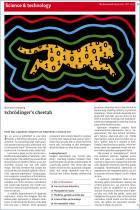

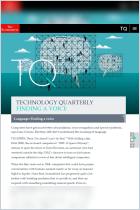


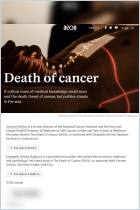
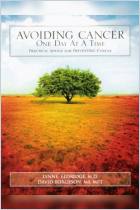
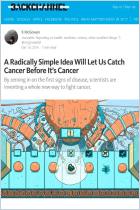
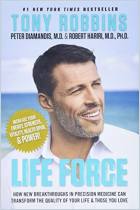
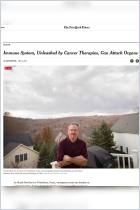


Comment on this summary or Diskussion beginnen